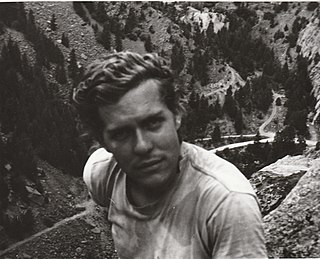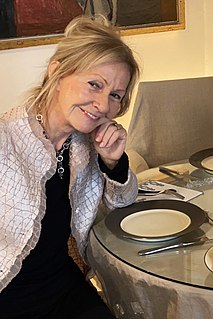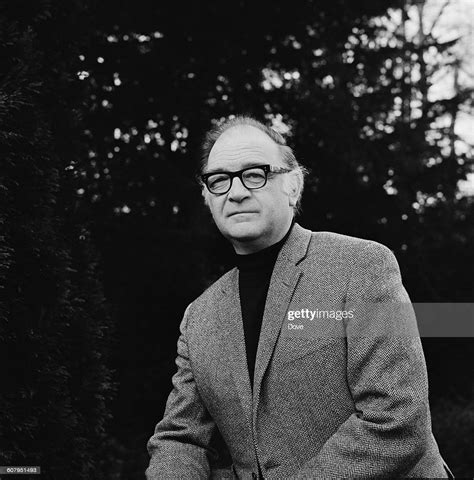A Quote by Michel Patini
There would probably be less of a frenzy among the French public.
Related Quotes
If an American, because his skin is dark, cannot eat lunch in a restaurant open to the public, if he cannot send his children to the best public school available, if he cannot vote for the public officials who represent him, if, in short, he cannot enjoy the full and free life which all of us want, then who among us would be content to have the color of his skin changed and stand in his place? Who among us would then be content with the counsels of patience and delay?
When people do bad things intentionally, they know they've done them. But it's not to be cared about. That's the problem with the tabloid press; they dramatize these things until there's a state of frenzy. People see frenzy and they go, "What?" Then they clamor toward the frenzy. We all do it. It's a primal, natural response.
I do think they [French] view my writing itself as exotic - though that's probably not the best term for it - to a small extent, mainly because I say things that most French writers would probably hesitate to say for fear of offending someone or upsetting public sensibilities. I don't think that answers the question, but I'm not much good at figuring readers out or I would probably be writing bestsellers.
A romantic or classical view of the French approach would have been to say, 'It's a French company; let no one attack it. Let's block any merger. But the reality is Alcatel-Lucent is not a French company; it's a global company. Its main markets are China and the U.S. Its ownership is foreign; most of its managers aren't French.
But Margaret went less abroad, among machinery and men; saw less of power in its public effect, and, as it happened, she was thrown with one or two of those who, in all measures affecting masses of people, must be acute sufferers for the good of many. The question always is, has everything been done to make the sufferings of these exceptions as small as possible?






































